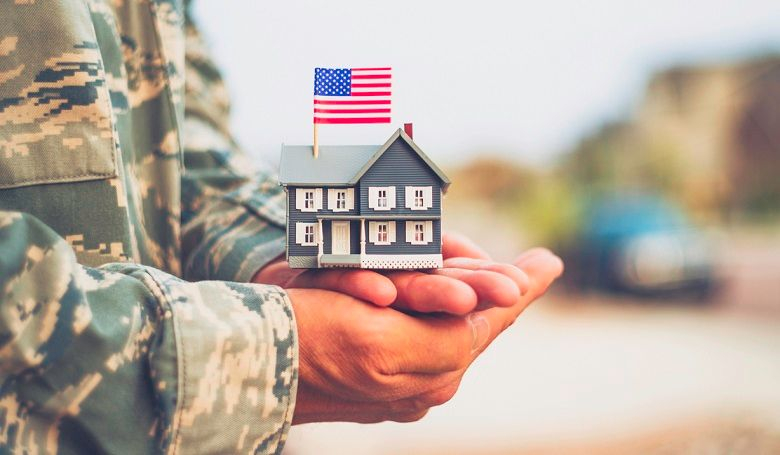By: SunnyHill Financial
FHA stands for
Federal Housing Administration. VA is short for Veterans Affairs part of the
US Departments of Veterans Affairs. Both of these agencies are US government organizations that offer home loans to qualifying buyers. In short,
FHA Mortgages are federally insured mortgages designed to help qualified borrowers buy a home with less money down and lower credit.
VA Mortgages are government insured mortgages for active or veteran military service members and their spouses.
VA Mortgages
VA mortgages are insured by the US Government through the US Department of Veterans Affairs. In order to qualify, a borrower must be a service member, veteran or a spouse of a military service member or veteran. Generally, to qualify for a VA Loan only one borrower must meet the following:
- Borrower(s) must have satisfactory credit score, which is typically 620 and above.
- The borrower(s) must also have a Certificate of Eligibility. The Certificate of Eligibility (COE) proves that the applicant officially meets the minimum military service requirements to qualify for a VA loan.
- The home must be a primary residence.
- The required down payment from the borrower for VA loans is zero percent.
More information on Veterans Affairs guidelines can be found the
US Department of Veterans Affairs Website.
FHA Mortgages
FHA Mortgages are also insured by the US Government by the
Federal Housing Administration (FHA). The FHA was created by the National Housing Act of 1934 and is responsible for setting standards for construction, standards to underwrite loans and insures loans made by banks and other lenders. The goal of the FHA is to improve housing standards and conditions by providing a reasonable home financing system, and to stabilize the mortgage market.
FHA loans are commonly used by first time home buyers who do not have strong credit scores, or for individuals who meet income requirements. More information for first time home buyers can be found at our
First Time Home Buyer Blog Article.
To qualify for an FHA loan, borrowers must meet the following qualifications:
- Borrower must have a satisfactory credit score, which is typically 580 and above to qualify for the 3.5% low down payment advantage.
- A credit score of 500 - 579 will require 10% down for an FHA loan.
- The lower the credit score, the higher the interest rate.
- An FHA qualified home must be a primary residence.
- The borrower must pay a minimum down payment of 3.5% which can be gifted by a family member.
- Borrowers must have a valid Social Security Number, lawful US residency, and be of legal age to sign a mortgage.
- FHA loans require a property appraisal from an FHA approved appraiser.
- Borrowers must have two years of steady employment history with same employer for the last two years.
- The borrower's mortgage payments plus HOA fees, property taxes, mortgage insurance, and homeowners insurance (known as the front-end ratio) must be 31% of their gross income. There are exceptions up to 40%, but the lender will have to provide ample documentation proving the risk to be acceptable.
- The borrower total debt including mortgage and all other monthly debt such as credit card payments, car payment, student loans etc. need to be less than 43%, aka the back-end ratio. There are exceptions up to 50%, but the lender will have to provide ample documentation proving the risk to be acceptable.
- Typically borrowers must be two year out of bankruptcy. Typically borrowers must be three years out of foreclosure.
It's important to understand that a FHA mortgage requires that the borrower pay mortgagee insurance premiums (MIP) in order to insure the loan against borrower default on the payments.
More information regarding FHA Loans and Qualifications can be found here:
https://www.benefits.va.gov/homeloans/purchaseco_eligibility.aspVA and FHA Loan Limits
The maximum conforming loan limits are the maximum loan amounts on mortgages that the government entities Freddie Mac and Fannie Mae will buy on the secondary market. This means that Freddie Mac and Fannie Mae will buy the mortgage to create bonds and securities that are backed by millions of US Homeowners' mortgage payments. The current
Conforming Guidelines Loan Limits for your county can be found here, or you can speak with a
team member for more help. As long as your loan value is below the required limit, your loan will meet the conforming limits to qualify for an FHA or VA loan.
If you have more questions about mortgages, please call the SunnyHill Financial Team at
800-371-7986 or email loans@sunnyhillfinancial.com.

